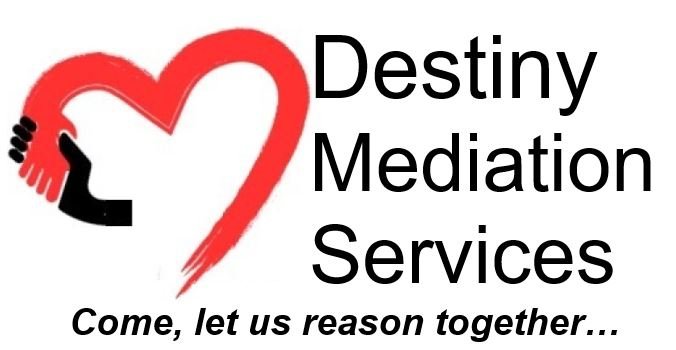information

Benefits of Mediation
Mediation is well suited for many areas of conflict and overs many advantages over litigation.
- Informal. The process is informal and flexible; attorneys are not necessary. There are no formal rules of evidence and no witnesses.
- Confidential. Mediation is a confidential process. The mediators will not disclose any information revealed during the mediation. The sessions are not tape-recorded or transcribed. At the conclusion of the mediation, mediators destroy any notes they took during the mediation session.
- Quick and Inexpensive. When parties want to get on with their business and their lives, mediation is an option to consider. Mediation generally takes less time to complete, allowing for an earlier solution than is possible through investigation.
Moreover, mediation generally produces or promotes:
- Greater Degree of Party Control. Parties who negotiate their own settlements have more control over the outcome of their dispute. Parties have an equal say in the process. There is no determination of fault, but rather, the parties reach a mutually agreeable resolution to their conflict.
- Preservation of Relationships. Many disputes occur in the context of ongoing work relationships. Mediated settlements that address all parties’ interests often preserve working relationships in ways that would not be possible in a win/lose decision-making procedure. Mediation can also make the termination of a work relationship more amicable.
- Mutually Satisfactory Results. Parties are generally more satisfied with solutions that they have had a hand in creating, as opposed to solutions that are imposed by a third-party decisionmaker.
- Comprehensive and Customized Agreements. Mediated agreements often help resolve procedural and interpersonal issues that are not necessarily susceptible to legal determination. The parties can tailor their settlement to their particular situation and attend to the fine details of implementation.
- A Foundation for Future Problem-Solving. After a mediation resolution, if a subsequent dispute occurs, parties are more likely to utilize a cooperative forum of problem-solving to resolve their differences than to pursue an adversarial approach.
- When considering whether to choose mediation over other dispute resolution methods, weighing the advantages against the disadvantages is crucial. Mediation often offers a more amicable, cost-effective, and faster resolution than going to court, making it ideal for parties interested in preserving relationships and confidentiality.
However, its success heavily relies on the willingness of both parties to negotiate openly and in good faith. For disputes involving complex legal issues or where enforceable outcomes are necessary, the informal nature of mediation might fall short. Evaluating these factors can help determine if mediation is the most suitable approach for your specific conflict resolution needs.


